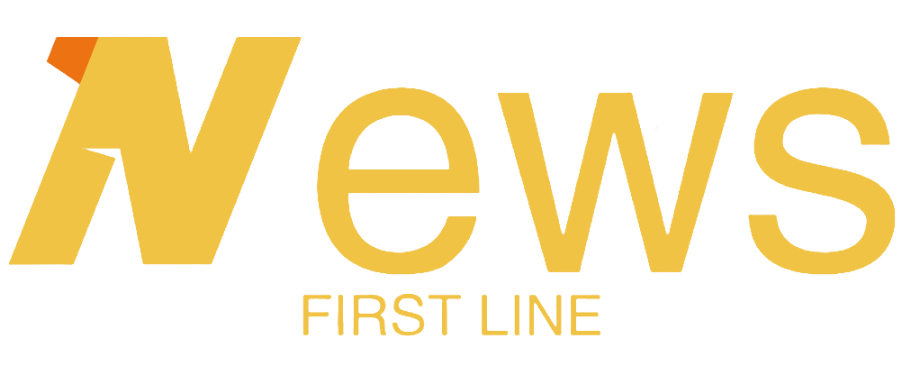
Huong, a traditional Vietnamese 60-year-old woman, always asks her son – Thanh – to book Grab cars for her whenever going out. She does it not because she is not able to use this super app herself. It just because, if Thanh books for her, she can enjoy some discount rewards or cashbacks for not using cash payments, as her son often pays with his cards or with the balance in his Moca wallet (a Vietnam-based digital payment service, which handles cashless payment across the ride-hailing app). As a typical Vietnamese middle-aged person, Huong hesitates to change and access to advanced technologies. To her, cards are for nothing else but money withdrawal.

Targeting a Cashless Society
According to the Centre Institute for Economic Management (CIEM), Vietnam’s cashless payments rate remains pretty low, accounting for 11.39% of total transactions, and among the lowest in ASEAN; Meanwhile, South Korea is the country achieving the highest non-cash payment rate in the world, accounting for 80% of total proceeded transactions. In Vietnam, almost all transactions valued below 100,000 VND (approximately 4.3USD at the time written) are paid in cash.
The Government has continuously been promoting cashless society and aims for the target of non-cash payment accounting for 50% of the total payment in the next 3 years. To encourage people’s habit of not using cash, June 16 has been chosen as “Cashless payment day” when attractive incentives and promotions are offered.
In this context, blockchain may help Vietnam achieve a cashless economy as it provides security, confidentiality, speed and accuracy for transactions. Transparency as well as traceability are also some features that the permission-less networks aim to improve. Vice versa, the country’s policy to go cash-free will trigger the development and expansion of fintech solutions, including blockchain.

How blockchain benefits banking system
The cost-saving nature of blockchain is vital for payments and settlements. In the third quarter of 2018, Vietnam National Payment Services Joint Stock Company (NAPAS) and 3 commercial banks have tested a money transferring model enabling blockchain technology. Currently, an e-commerce transaction costs around 1% -2% on average, while blockchain-enabled transactions can cost only 0.1% or less. According to NAPAS, “Reducing fees to the lowest level facilitates the expansion of financial services to a wider range of customers and small businesses, towards comprehensive financial goals”.
In terms of speed, for businesses that requires deposits to ensure contract’s feasibility, blockchain allows them to write a few lines of code, then when both parties send their deposits to the coded program, the total amount is verified and kept safe in the block. Moreover, “the information of the deals will remain confidential because the data uploaded onto the blockchain platform cannot be changed without stakeholders’ mutual agreement”, said Mr. Can Van Luc, a Vietnamese banking and finance expert.
The above features particularly facilitate banking transactions involving import-export activities. In July 2019, HSBC successfully completed a blockchain-powered letter of credit (LC) transaction between Duy Tan Plastic Manufacturing Joint Stock Company from Vietnam and INEOS Styrolution from South Korea. This is the first LC transaction using blockchain technology that HSBC has deployed in Vietnam and Korea, and the seventh transaction the bank has conducted globally. Exchanging documents for LC transactions traditionally takes 5-10 days. However, in this transaction, the duration of this process is reduced to under 24 hours.
Another application that blockchain brings to banking activities is the distributed ledger identification system. This is really effective because all banks and credit institutions must have KYC (Know Your Customer) authentication process. Meanwhile, blockchain allows users to verify their identity in one simple step and the information is stored and authorized by other banks in the system. Financial and banking activities are directly related to the security of deposits and loans. However, at some of world’s largest banks, the guarantee remains uncertain.Vietnam is still vulnerable to cyberattacks and there is still not enough legal framework to supervise and support new tech-based business models. However, those challenges cannot prevent blockchain technology from gradually penetrating into the country’s business ecosystem, especially the banking sector.
You may want to read:
About the Author: Phuong Anh Nguyen
Having begun her career by working as an accountant and administrator for Korean companies, Phuong Anh has firm knowledge in Corporate Finance and Human Relations. Phuong Anh graduated from the University of Nottingham with a Master’s degree in Finance and Investment. Prior to this, she had gained a Bachelor’s degree in International Business from Vietnam National University. Phuong Anh has strong financial analysing skills with the ability to do some coding in Matlab and Python. Her interest areas of expertise include Venture Capital Investment, Corporate Finance and Derivatives Investment.


